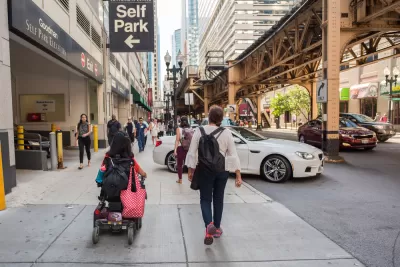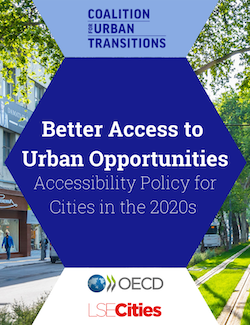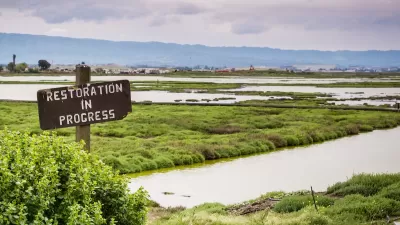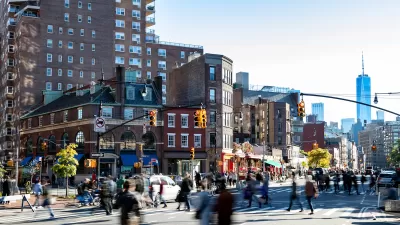A major new Coalition for Urban Transitions guide offers specific recommendations for COVID-19 recovery, climate emergency response, and poverty reduction through policies that make cities more accessible, sustainable, and inclusive.

 "The pandemic has created opportunities to rethink urban spaces and improve people’s ability to move around cities and thrive. As places to connect people with opportunities, resources, goods, and services, cities can be used to define the pathway to a successful recovery and move away from business-as-usual urban development. National governments have a window of opportunity to put an inclusive, compact, connected, and clean urban vision into national recovery strategies and make cities more resilient to future shocks."
"The pandemic has created opportunities to rethink urban spaces and improve people’s ability to move around cities and thrive. As places to connect people with opportunities, resources, goods, and services, cities can be used to define the pathway to a successful recovery and move away from business-as-usual urban development. National governments have a window of opportunity to put an inclusive, compact, connected, and clean urban vision into national recovery strategies and make cities more resilient to future shocks."
"This new report by researchers at LSE Cities and the OECD and produced for the Coalition for Urban Transitions, analyses COVID-19 recovery spending across nine countries – China, Colombia, Germany, Japan, Mexico, South Africa, South Korea, the United Kingdom and the United States – and makes recommendations to national governments to boost recovery and accelerate progress towards low-carbon, accessible and inclusive cities."
The paper sets out six priorities for national governments:
- Realign national transport policies and budgets
- Reform housing and land use policy
- Support the trend towards hyper-localisation and the 15-minute neighbourhood
- Facilitate the growth of new urban mobility options and last-mile connectivity
- Encourage cities to reallocate road space and engage in tactical urbanism
- Provide new finance for metropolitan-wide transport systems.
FULL STORY: Better Access to Urban Opportunities: Accessibility policy for cities in the 2020s

Planetizen Federal Action Tracker
A weekly monitor of how Trump’s orders and actions are impacting planners and planning in America.

Maui's Vacation Rental Debate Turns Ugly
Verbal attacks, misinformation campaigns and fistfights plague a high-stakes debate to convert thousands of vacation rentals into long-term housing.

Restaurant Patios Were a Pandemic Win — Why Were They so Hard to Keep?
Social distancing requirements and changes in travel patterns prompted cities to pilot new uses for street and sidewalk space. Then it got complicated.

In California Battle of Housing vs. Environment, Housing Just Won
A new state law significantly limits the power of CEQA, an environmental review law that served as a powerful tool for blocking new development.

Boulder Eliminates Parking Minimums Citywide
Officials estimate the cost of building a single underground parking space at up to $100,000.

Orange County, Florida Adopts Largest US “Sprawl Repair” Code
The ‘Orange Code’ seeks to rectify decades of sprawl-inducing, car-oriented development.
Urban Design for Planners 1: Software Tools
This six-course series explores essential urban design concepts using open source software and equips planners with the tools they need to participate fully in the urban design process.
Planning for Universal Design
Learn the tools for implementing Universal Design in planning regulations.
Heyer Gruel & Associates PA
JM Goldson LLC
Custer County Colorado
City of Camden Redevelopment Agency
City of Astoria
Transportation Research & Education Center (TREC) at Portland State University
Jefferson Parish Government
Camden Redevelopment Agency
City of Claremont





























